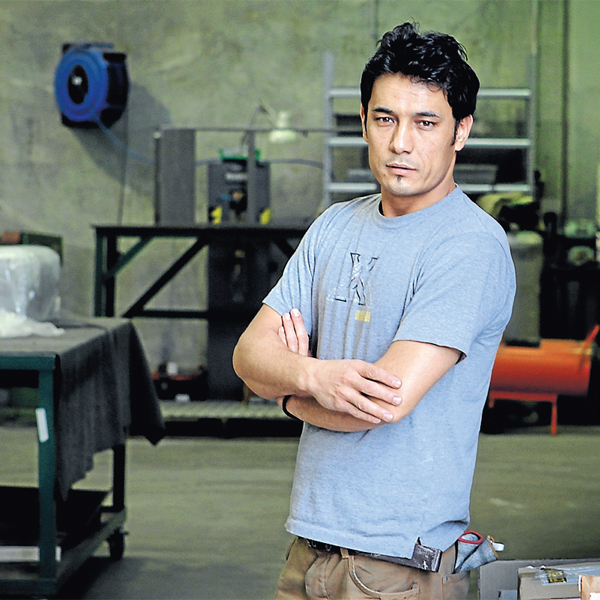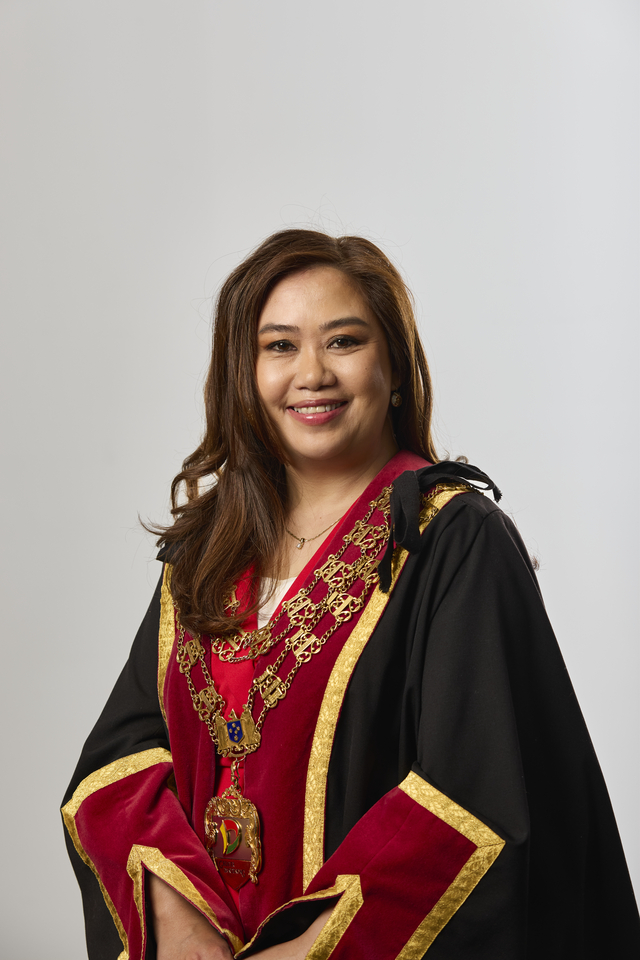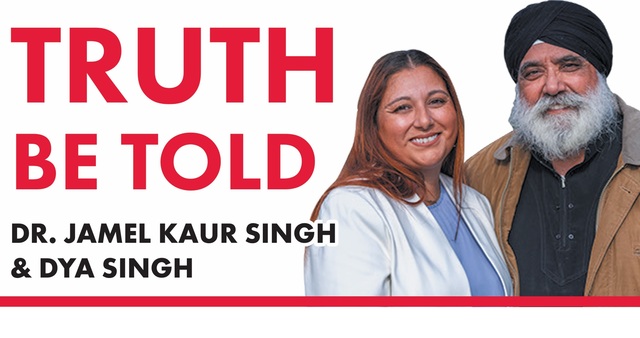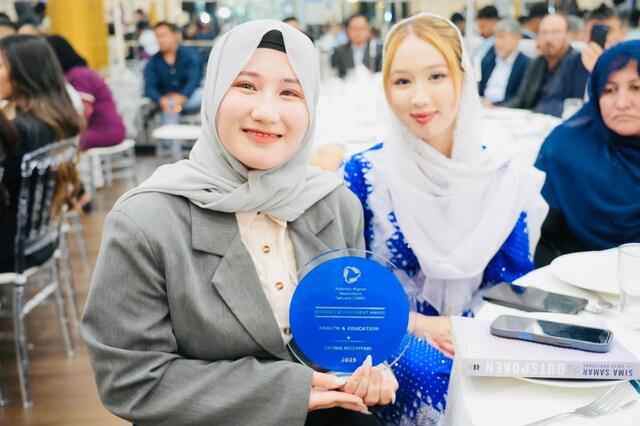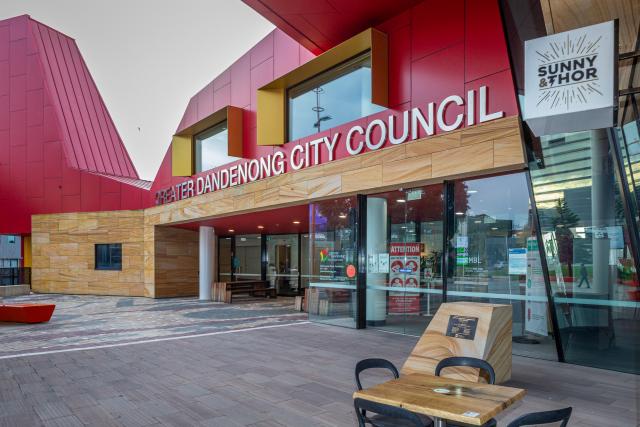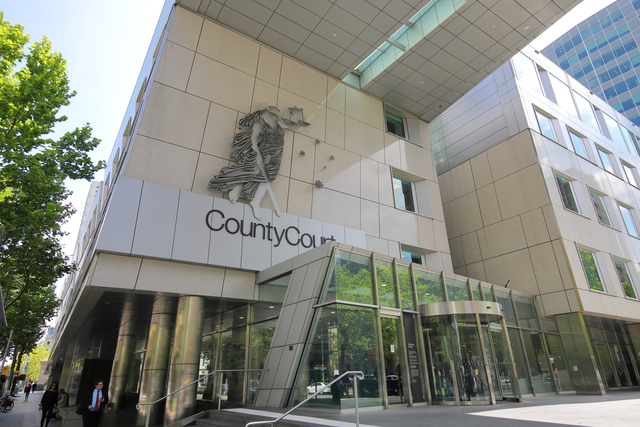By Cameron Lucadou-Wells
Hamid Sultani is an Afghan refugee living in Dandenong. He hopes that he’s helped to open viewers’ eyes to the plight of asylum seekers by taking part in the SBS series Go Back to Where You Came From. He tells CAMERON LUCADOU-WELLS that his main hope is to reunite with his family stranded in a danger zone in Pakistan.
GIVEN the ferocity of the ‘Pacific Solution’ debate in Australia, Hamid Sultani is surprised how little people know about asylum seekers.
The Dandenong refugee from Afghanistan is one face in the second instalment of the SBS social-experiment series Go Back to Where You Came From, which starts screening tomorrow (Tuesday) night.
The show puts six well-known Australians with polarised views into the shoes of asylum seekers. As part of the journey, rock singer Angry Anderson, writer Catherine Deveny and former defence minister Peter Reith stayed with Sultani for two nights at his home.
During that time, Sultani and his three refugee housemates tell their stories.
Should Hamid’s family be allowed to live in Australia? What do you think? Scroll to below his story to post a comment
He was shocked by some of their views. Deveny was sympathetic, Anderson steadfast in his resolve that boats should be turned back, and Reith – regarded as one of the architects of the Howard government’s Pacific Solution – proud that “we stopped the boats”.
“They didn’t have information about asylum seekers and had not communicated with asylum seekers in Australia,” Sultani said.
He hoped to have influenced his guests’ ideas by sharing his experience, as well as taking them to speak with fellow refugees who run an Afghan bazaar, and a halal butcher in Dandenong. He welcomed the chance to break bread with his guests and tell his own astounding story on how and why he fled to Australia.
Like half of asylum seekers coming to these shores, Sultani is an ethnic Hazara – a minority that is persecuted by the Taliban insurgents in his homeland.
He said it was simply not safe to live there. The Taliban are against education, technology and modern hospitals. Those who wanted to go to school or university were targeted and labelled as ‘infidels’. Those who ran businesses were heavily scrutinised.
“When you step out of your house, you are not safe. A lot of people are losing their life to trrorists.”
He first fled to Pakistan as a 15 year old in 1999 when the Taliban took over, closed schools and killed people “not for doing something wrong but for doing something right”, Sultani said.
A US-led invasion ousted the Taliban in 2001, and Sultani returned to work for coalition forces as a translator. He says he wanted to help bring “peace, stability and democracy” to the volatile country but the move put him and his family at risk. From inside the US compound he got messages from the Taliban threatening him and his family, who were sheltering in Pakistan.
He moved back to Pakistan and was married in an arranged marriage but, unable to find work, he returned to Afghanistan to work for a security company.
Safety was deteriorating and he was on a
Taliban black list “to be killed”.
Sultani fled to Dubai in 2010 after a Hazara friend was killed. He met a people smuggler and decided to move to Australia to forge a better life for his family.
Paying the smuggler $6000, he flew to Malaysia, waiting in Kuala Lumpur airport for five days for instructions. He then took a boat to Indonesia where he was locked up in a detention centre for six months. He paid a bribe to escape but, having run out of money, was $2000 short of the $5000 fare to board a small boat crowded with 30 others bound for Australia.
He was given a discount to ride five nights on rough seas, with not enough room below deck for everyone to sit, let alone sleep. He and the other occupants were intercepted by Australian authorities and taken to Christmas Island. He spent nine months in detention on the island and at Curtin Detention Centre before being freed and settling in Dandenong.
Sultani now works as a forklift driver at a Bayswater factory. Meanwhile his family, whom he hasn’t seen for two years – his wife, a three-year-old daughter, his mother and three brothers – still live in Pakistan, facing the daily dangers.
He requested the Weekly not to publish images of his family in case Taliban insurgents used them for identifying his stricken clan. On Go Back…, a video is shown of Taliban fighters opening fire on suspected Hazaras in Quetta, Pakistan. Just a week ago, five Hazaras were taken out of a taxi in Pakistan and shot by insurgents because of their ethnicity, he said.
Sultani keeps in touch with his family by mobile. His brother sends him photos of his daughter as she grows up.
“I feel guilty because I’m the reason for putting their life at risk. I’m OK living here in a healthy city, among great people but I don’t enjoy my own freedom.”
Sultani has applied for his family to join him in Australia. He was told by the Department of Immigration and Citizenship that only immediate family could come – his wife and daughter.
“I said ‘What about my mum and brothers, I want to save their lives.’ So I have to make a choice between my family – my blood, soul and body.”
A Department of Immigration and Citizenship spokeswoman said a refugee could propose entry for their partner and dependant child – and their parents only if the refugee was 18 or under. She said there were no exceptions or concessions for refugees who had helped Australian troops in Afghanistan, though other countries had made such concessions.
After their stay with Sultani for the show, his three visitors were flown to Kabul, where they donned armoured vests and lived in a heavily guarded compound.
IN REVIEW: The first episode
Go Back to Where You Came From isn’t meant to be a cosy sightseeing tour.
The tension is palpable when six participants – including former defence minister Peter Reith – are dropped into two of the world’s most dangerous hot spots: Kabul in Afghanistan and Mogadishu in Somalia.
Surrounded by armed guards, the visitors are told by their security leader to wear armoured vests and to help themselves to his pistol if he becomes “incapacitated”.
There are different stages to Reith’s ordeal. For instance, he’s pitted next to writer Catherine Deveny, who constantly goads him for having “blood on his hands”. At one point, he comments in half-mirth: “I think a detention centre will be good for you.”
In a dramatic set-up, he meets Rezai, one of hundreds of asylum seekers rescued by the Norwegian vessel Tampa while crossing to Australia in 2001.
Reith, as defence minister, ordered special forces operatives to board the Tampa. Rezai was handcuffed and taken to Nauru. After 14 months, his application for asylum was rejected.
Ten years on, Rezai has changed his name and lives at no fixed address in Kabul. He reels off a list of friends who returned and were killed.
A stirred Reith later says: “He’s bitterly disappointed but we don’t know all the circumstances. A lot of people were going through the system. Mistakes are made … these things happened.”
Go Back to Where You Came From is on SBS One, tomorrow (Tuesday) at 8.30pm.

